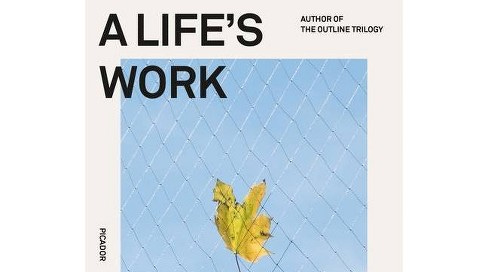In Praise of the Bleak, the Foreboding, the Claustrophobic Depictions of Motherhood
Thoughts on the critical reception of motherhood memoirs
People expect a lot from mothers and even more from those who write about their experience of being one. After the publication of Rachel Cusk’s memoir of new motherhood, A Life’s Work, one reviewer wrote, “If everyone were to read this book, the propagation of the human race would virtually cease, which would be a shame.” Another called the book “at times bleak and foreboding” and not a “cheerful baby shower gift.” Implicit in both critiques is the idea that writing about motherhood should market motherhood to women – that the “motherhood memoir” should only appear in public as a kind of propaganda tool designed to pull women on the fence about having babies over to what is apparently not supposed to be framed as the dark side.
The blind spots here may be a bit a sign of the times. Cusk’s book came out in 2001 and reviews of Cusk’s writing have since taken on a kind of cult status for the way they openly illustrate the narrow male literary gaze. But while readers of Cusk’s work today may have a clearer understanding of how being a woman and a mother can shape the critical reception of one’s book, critics still often seem to forget.




